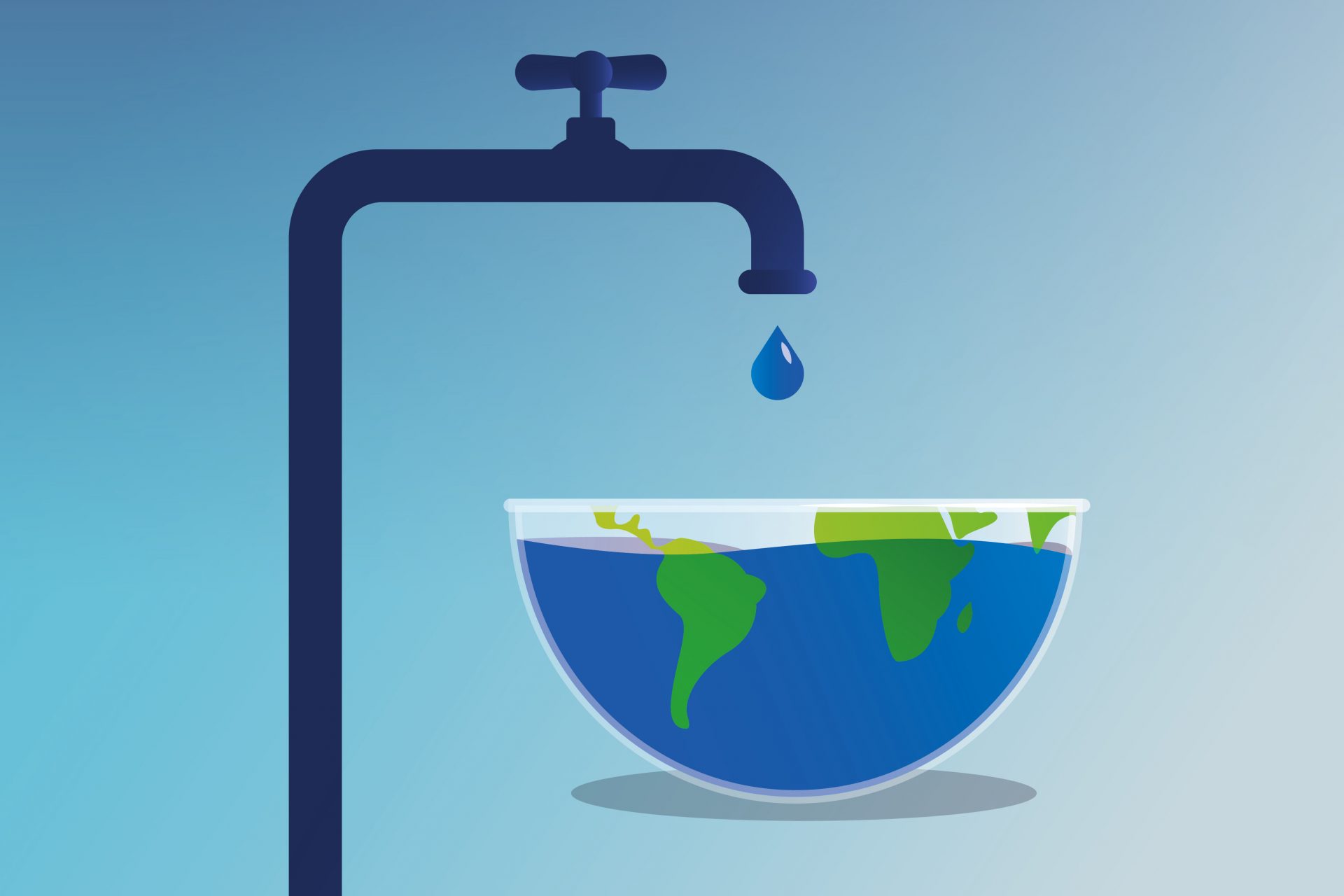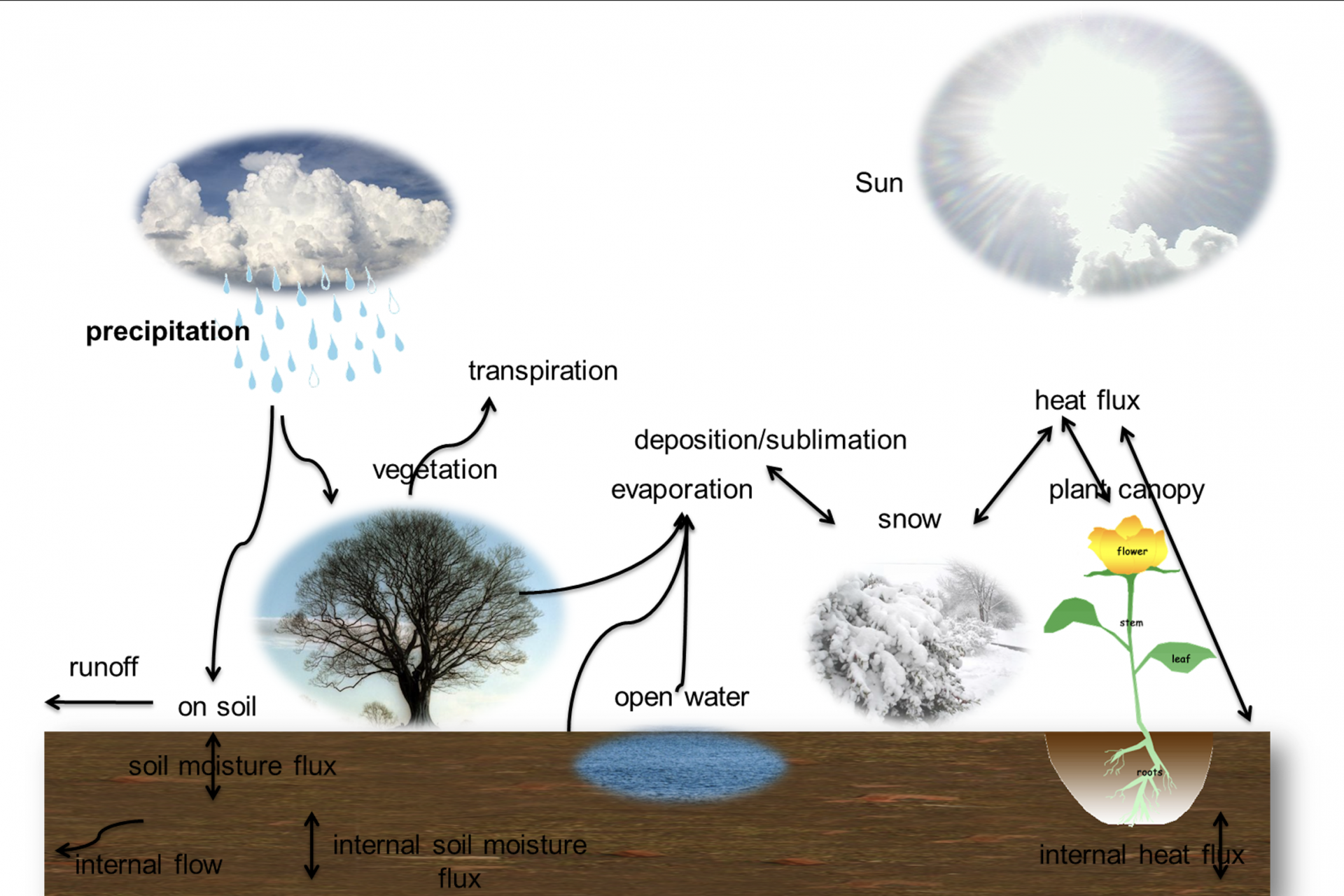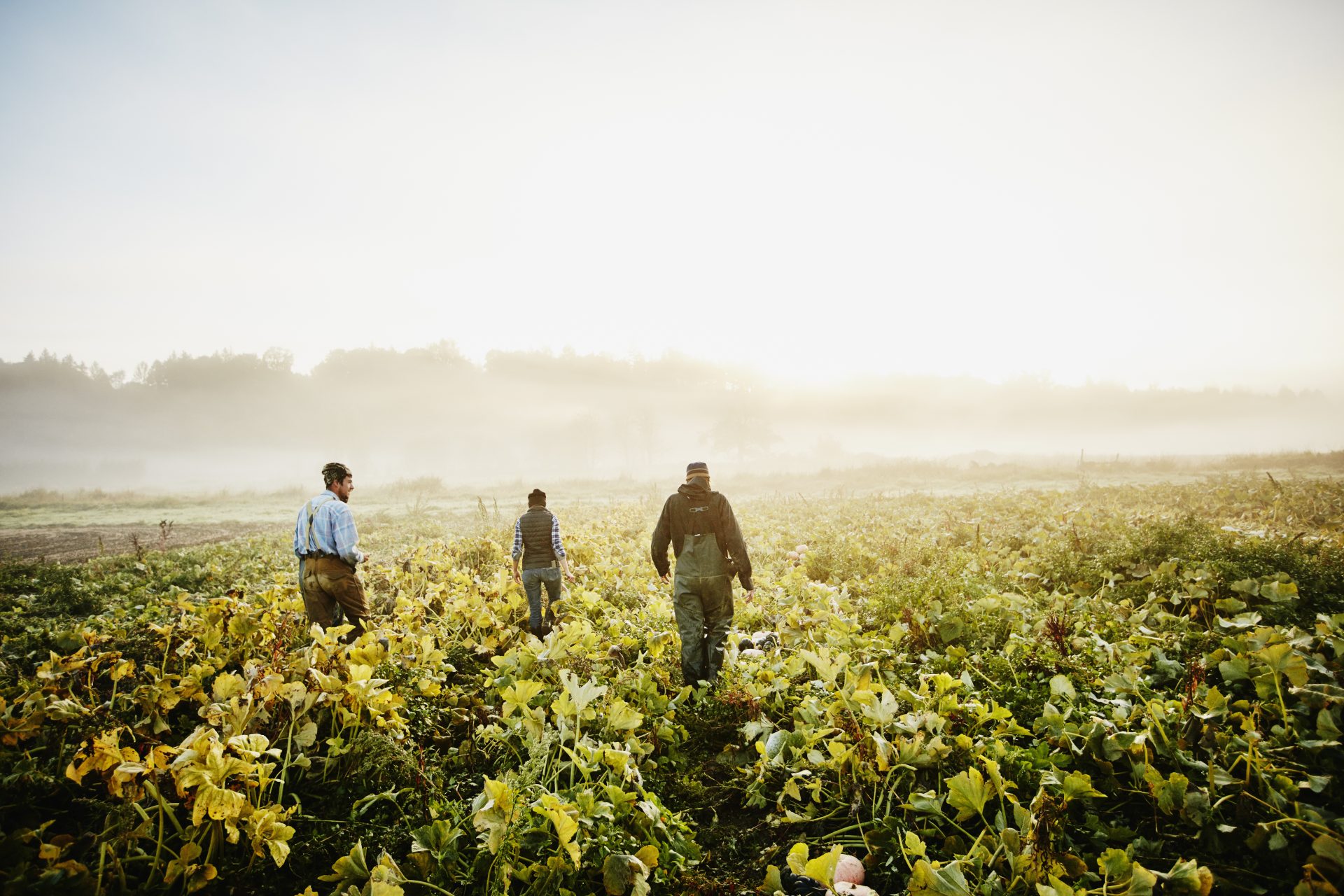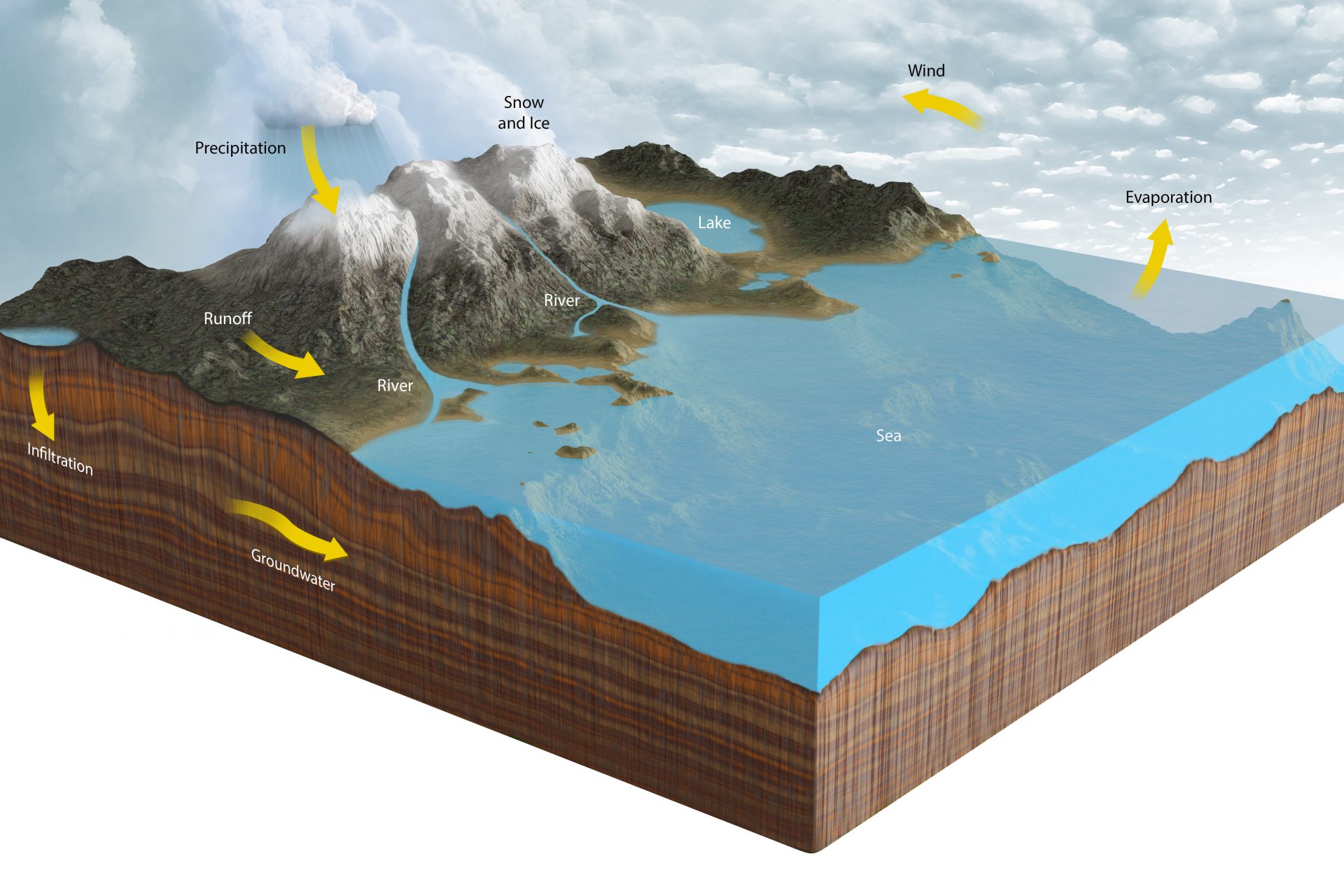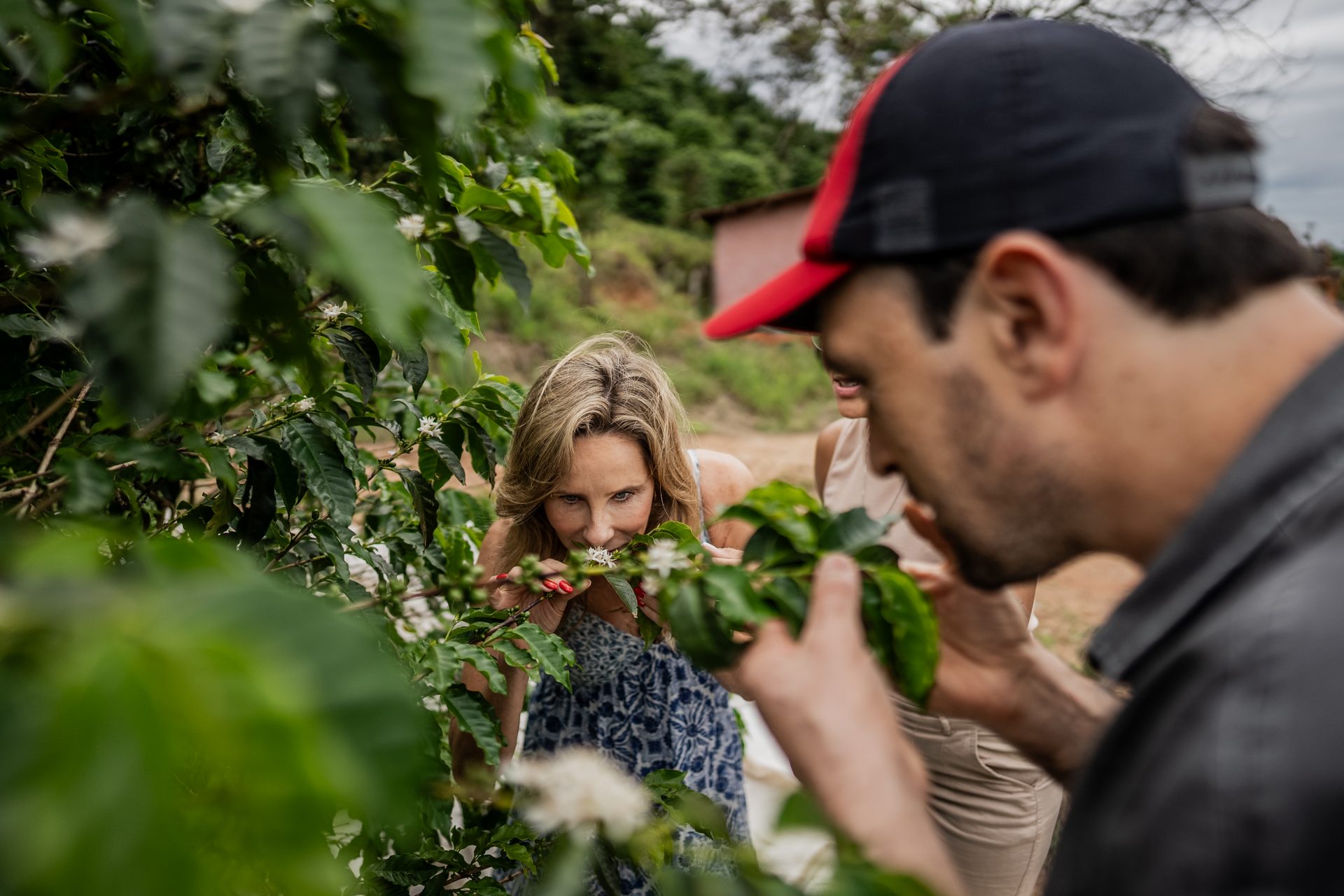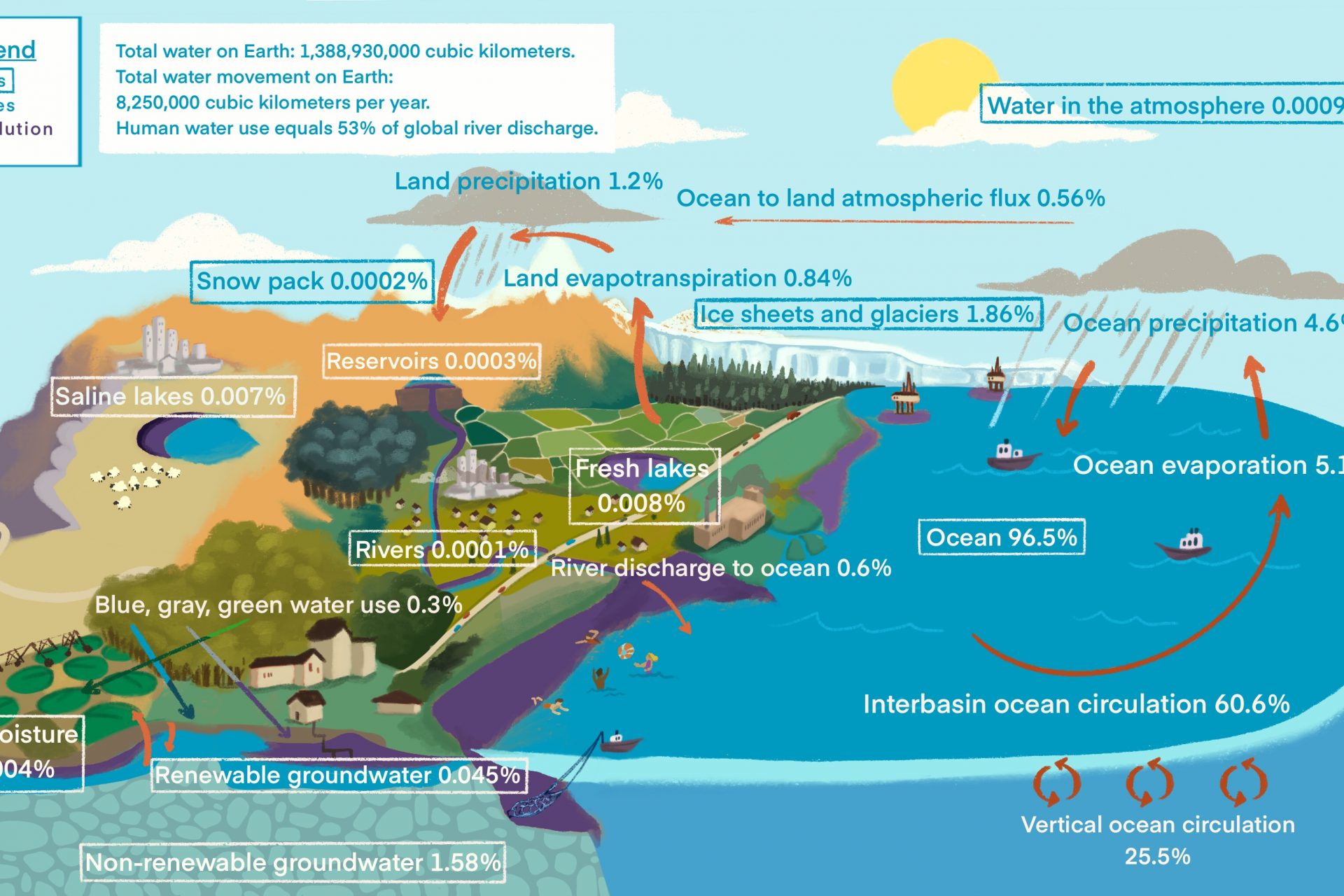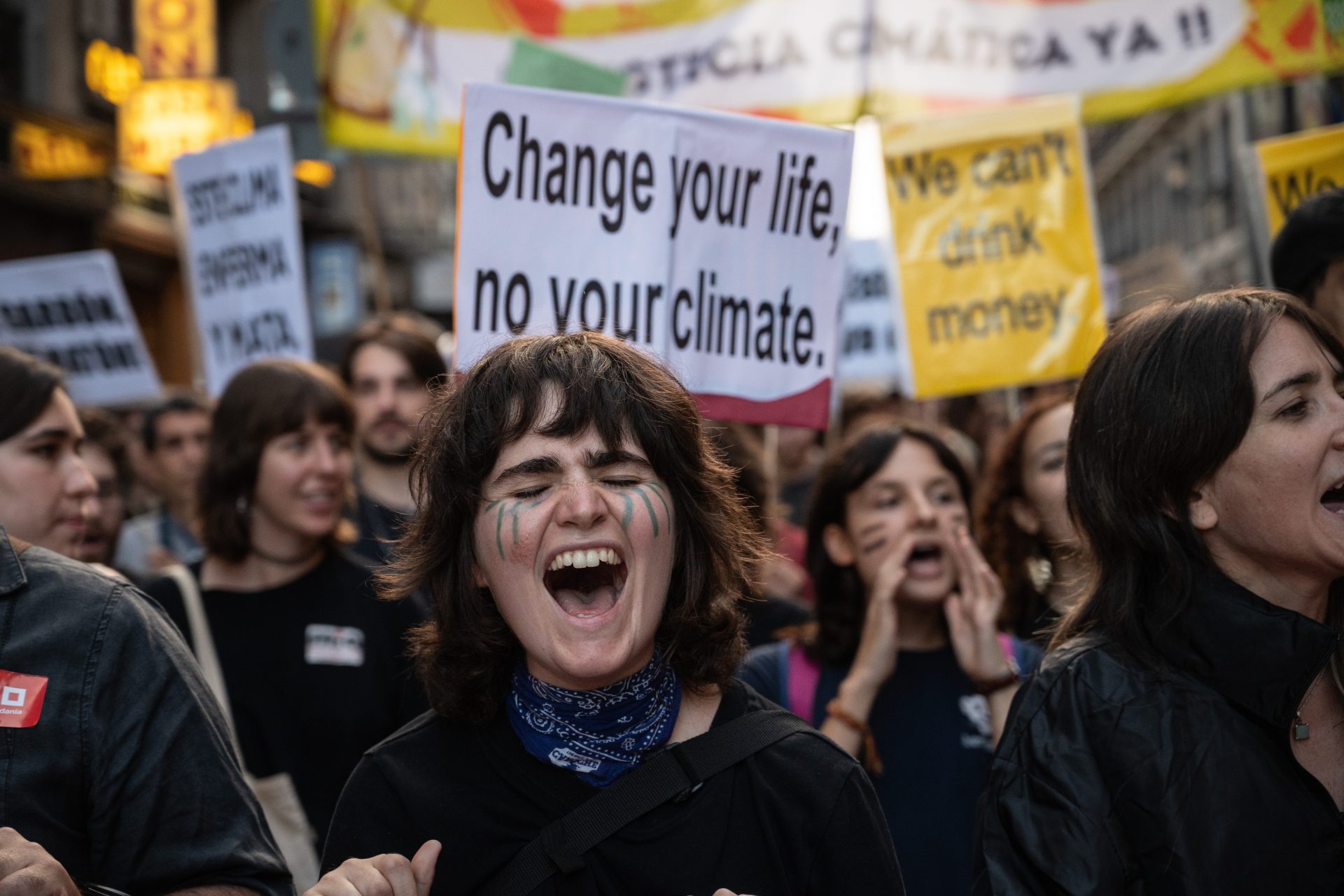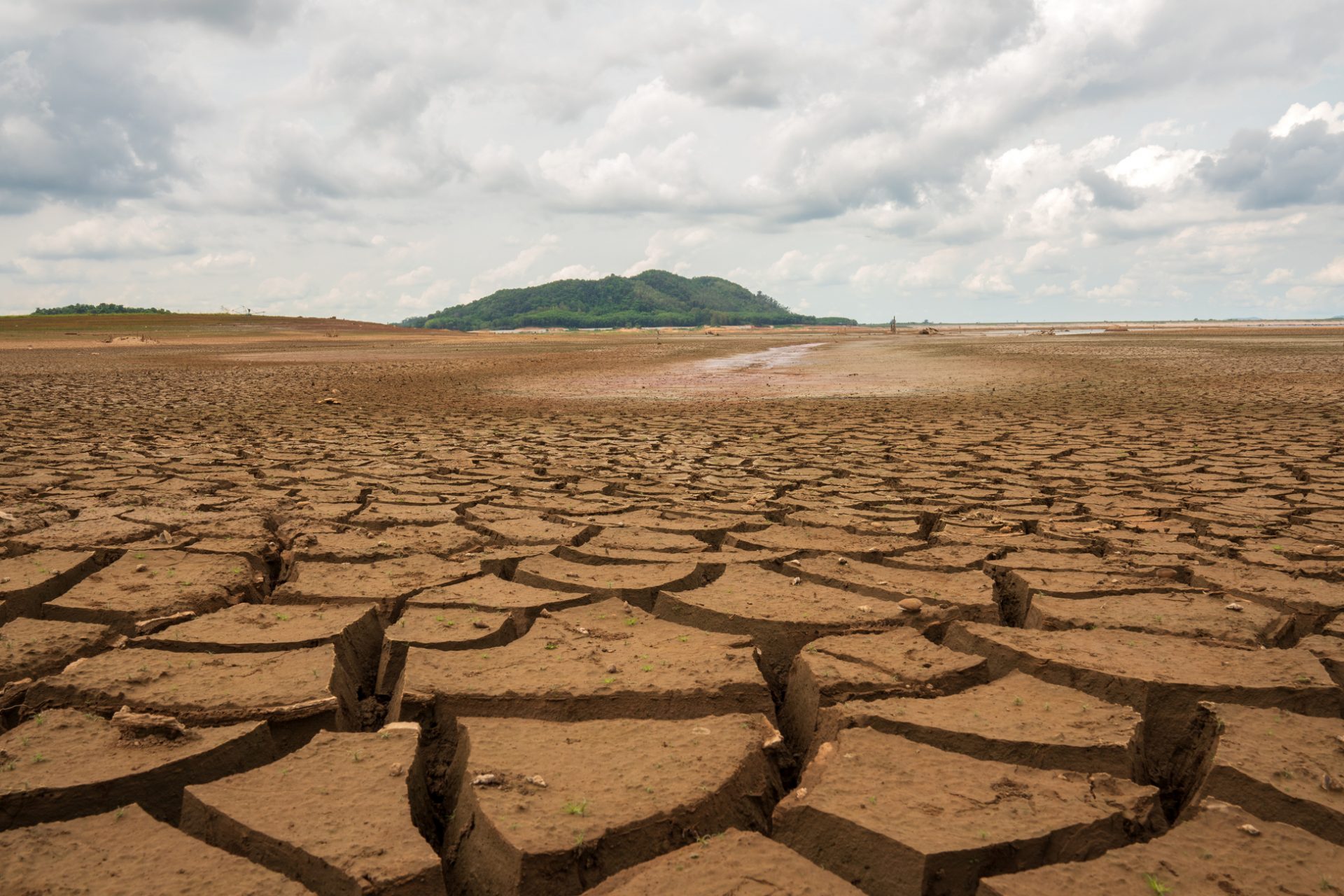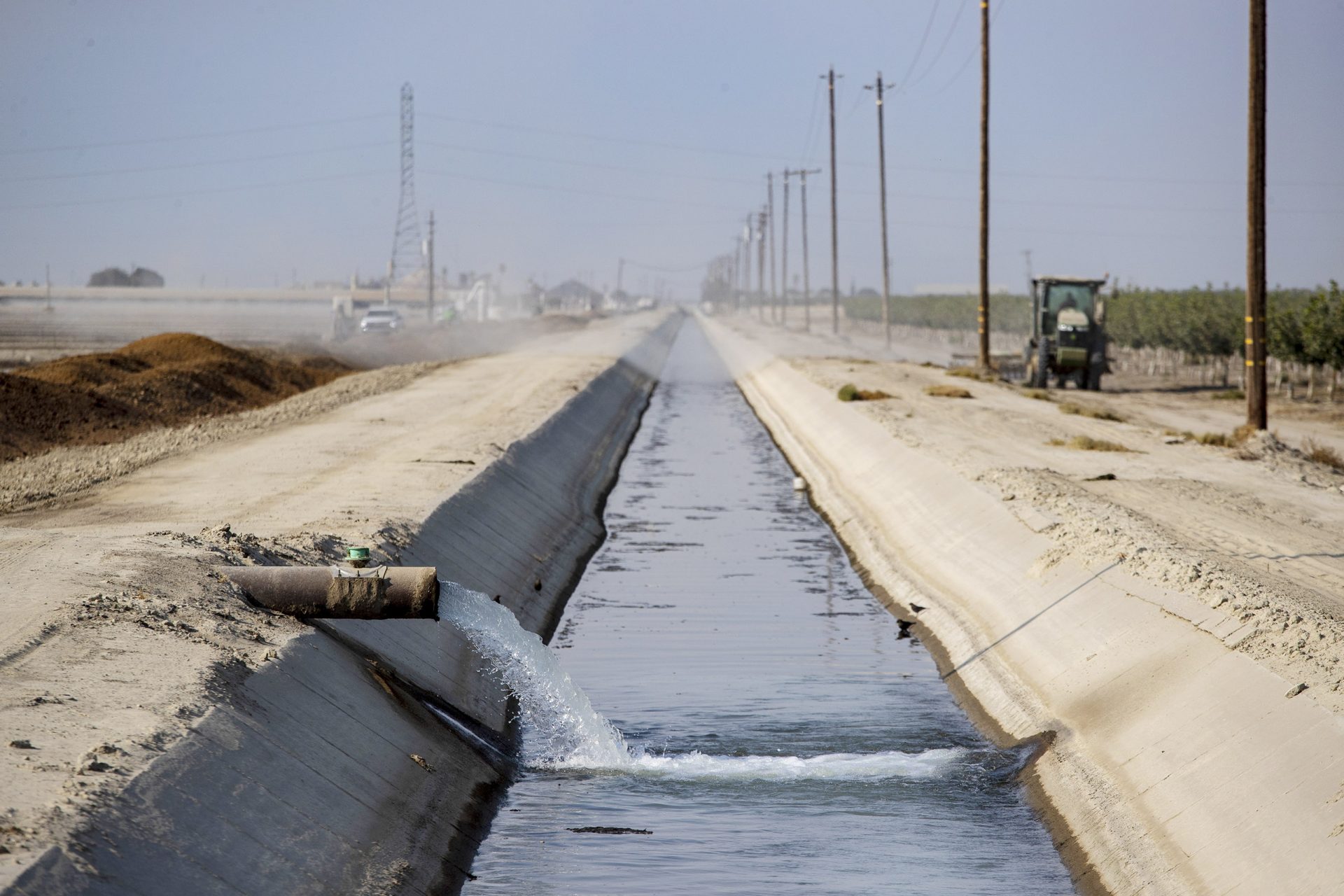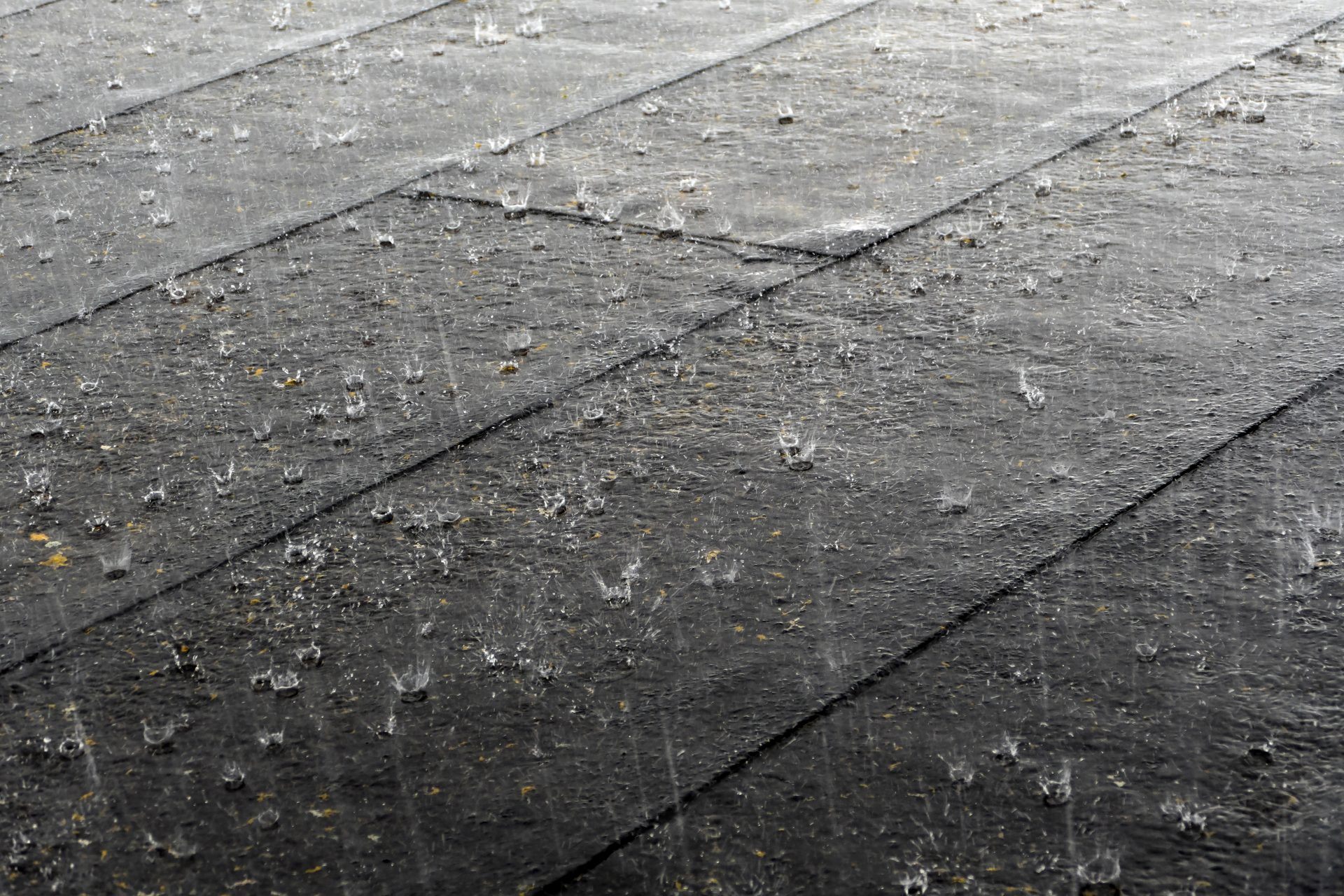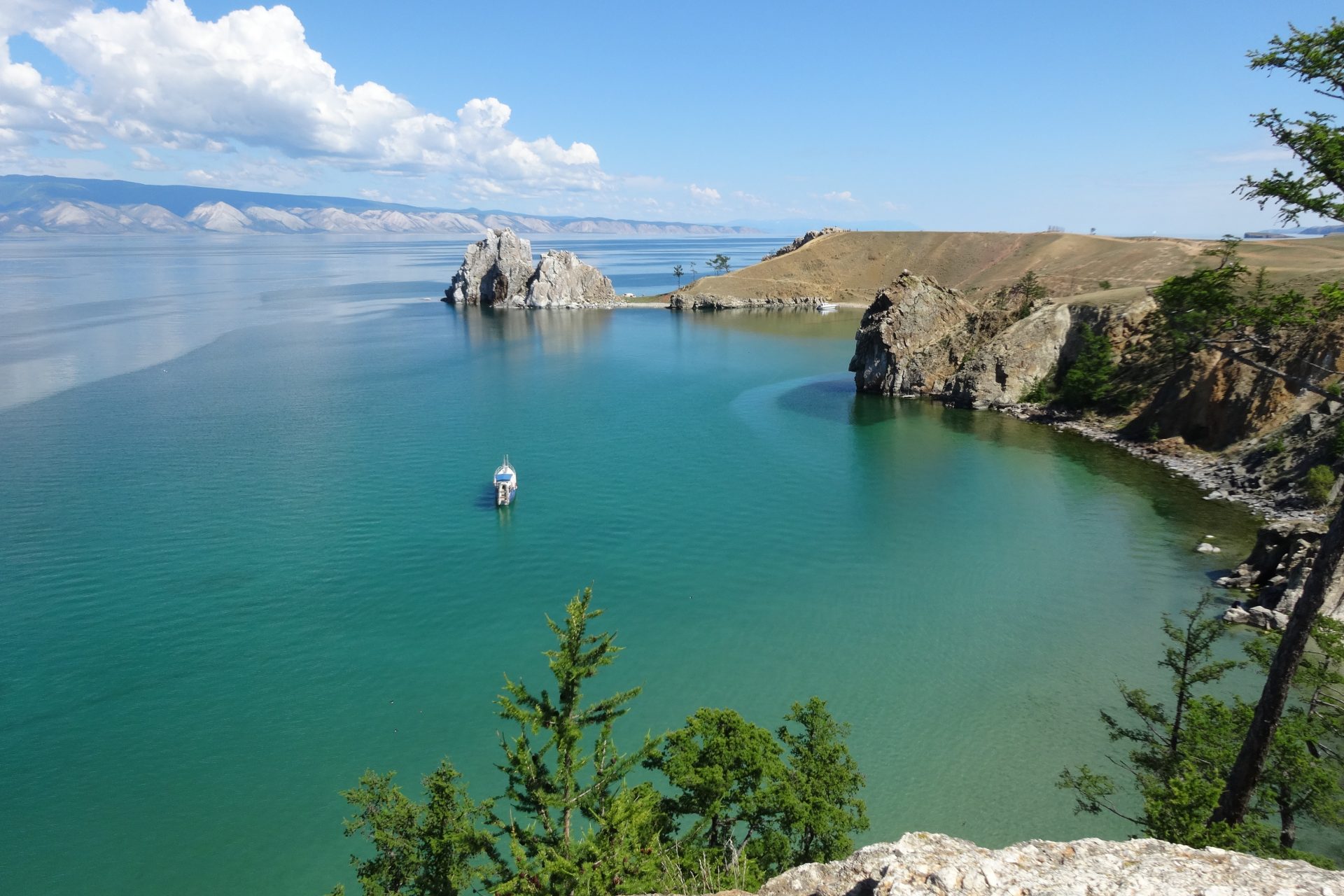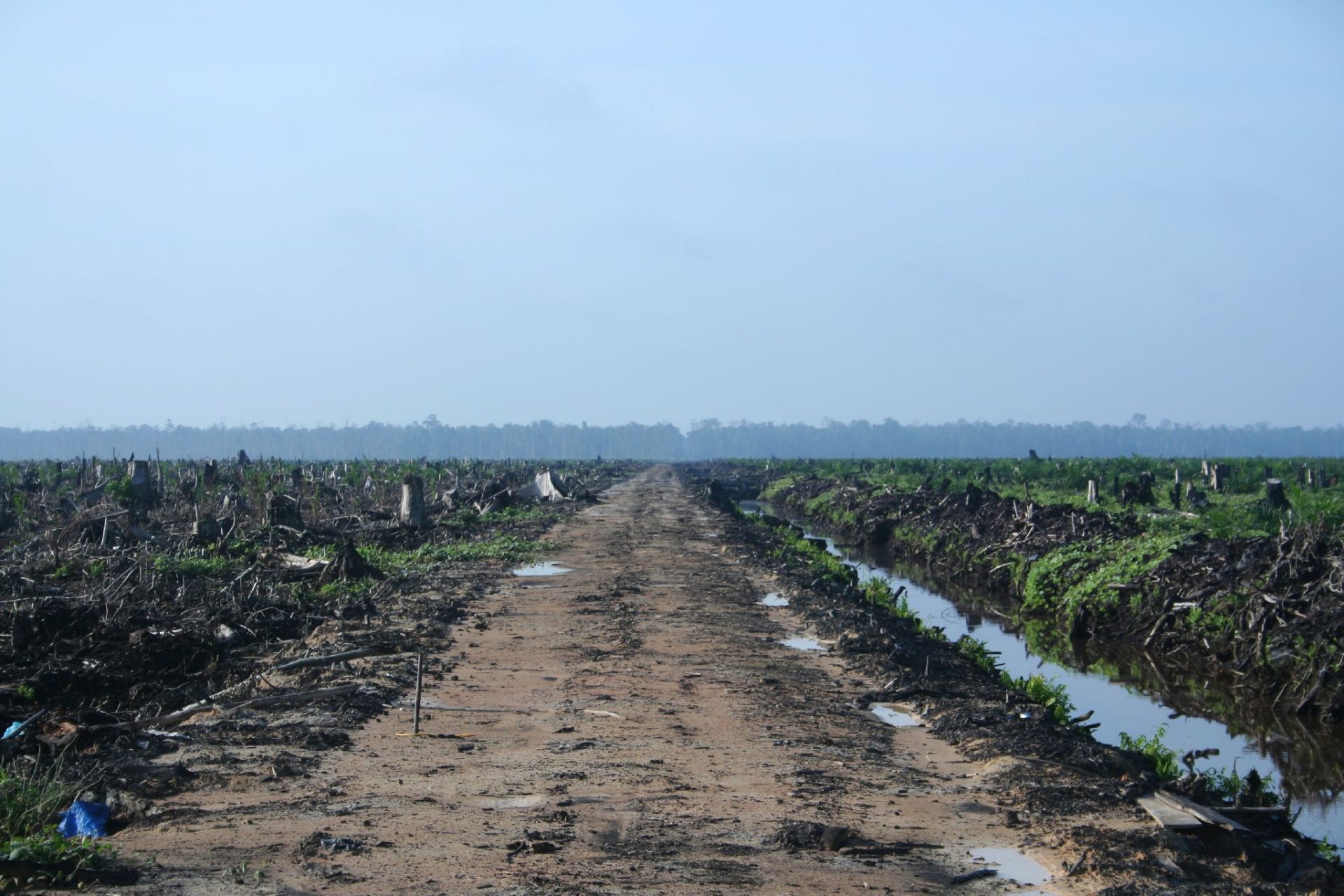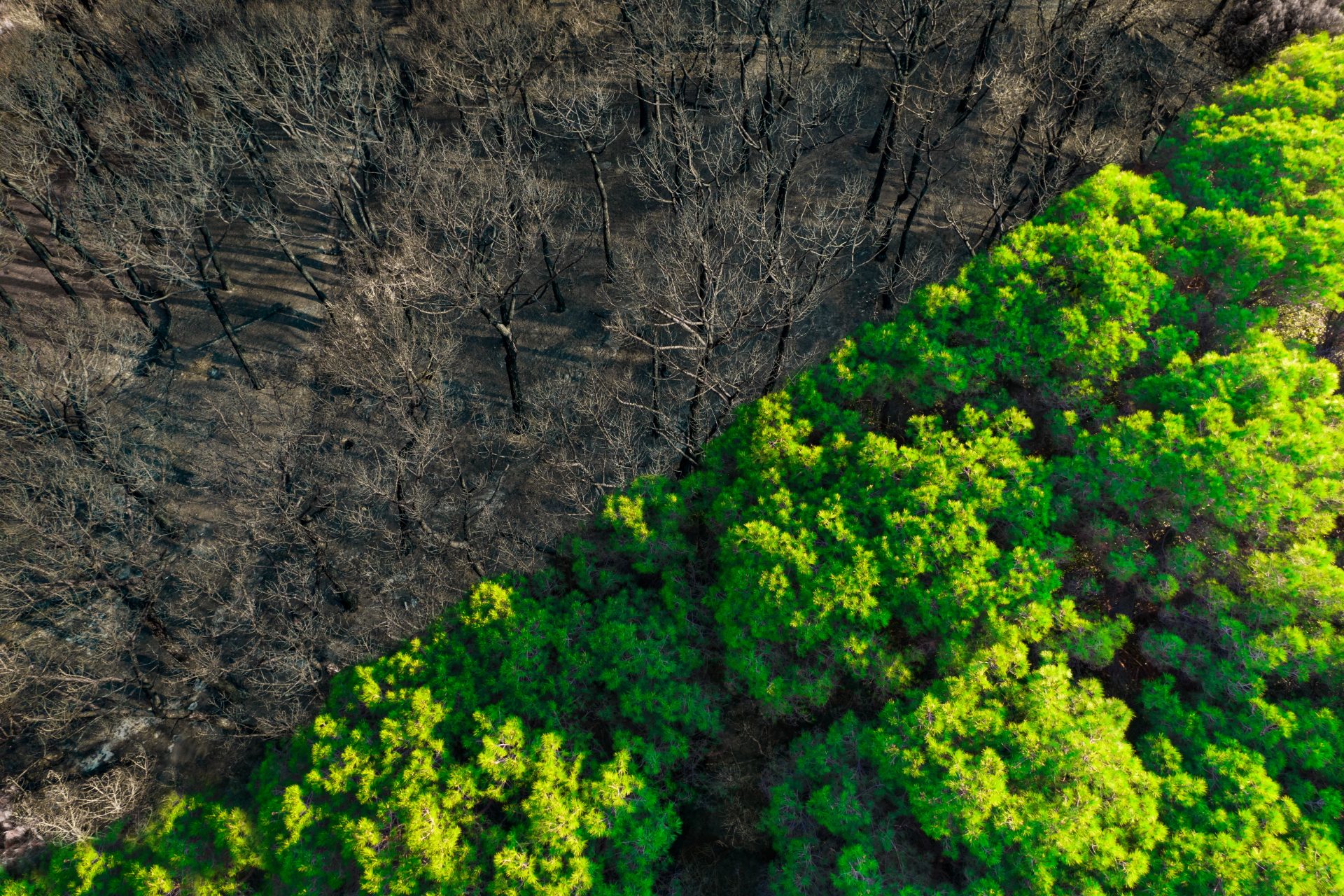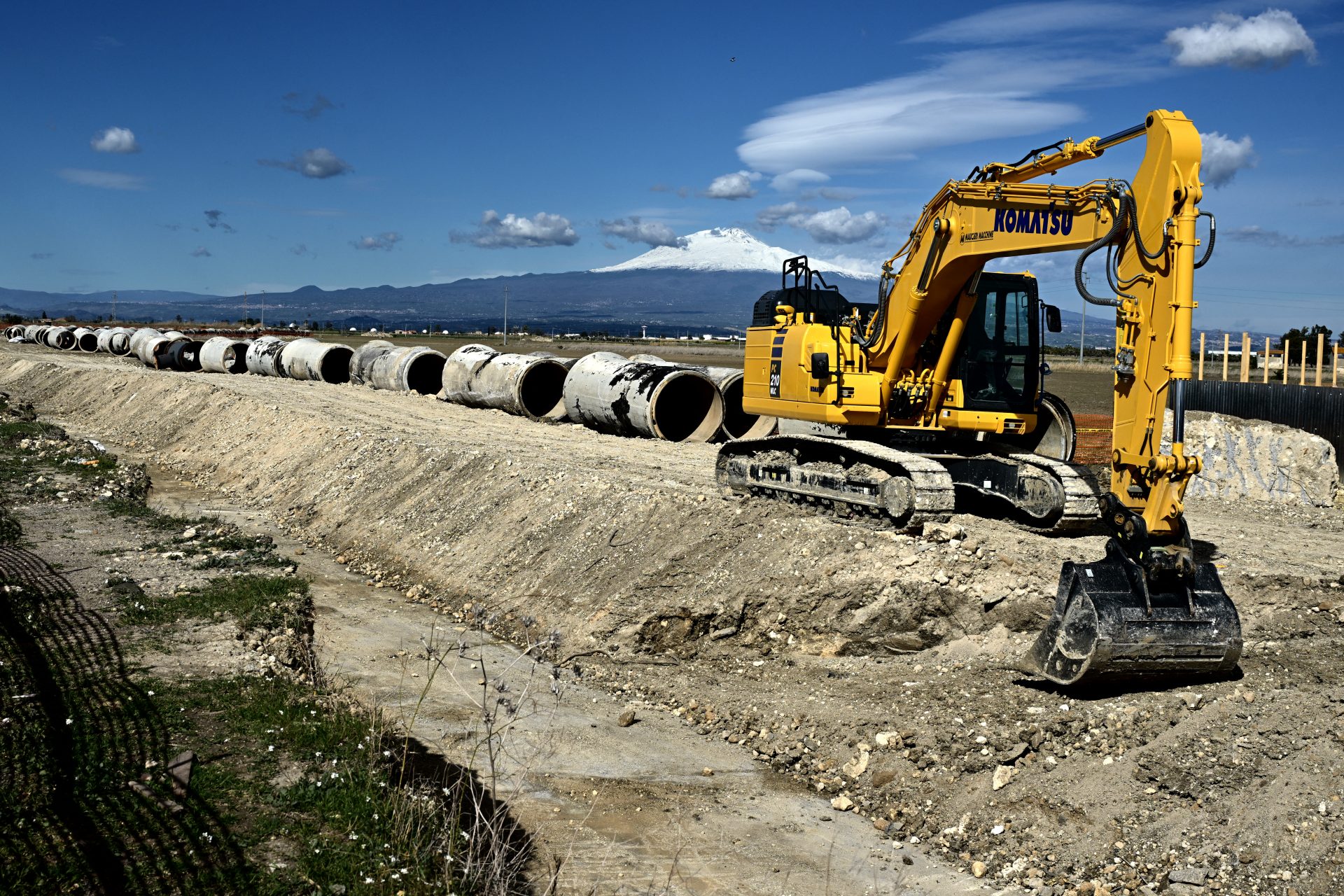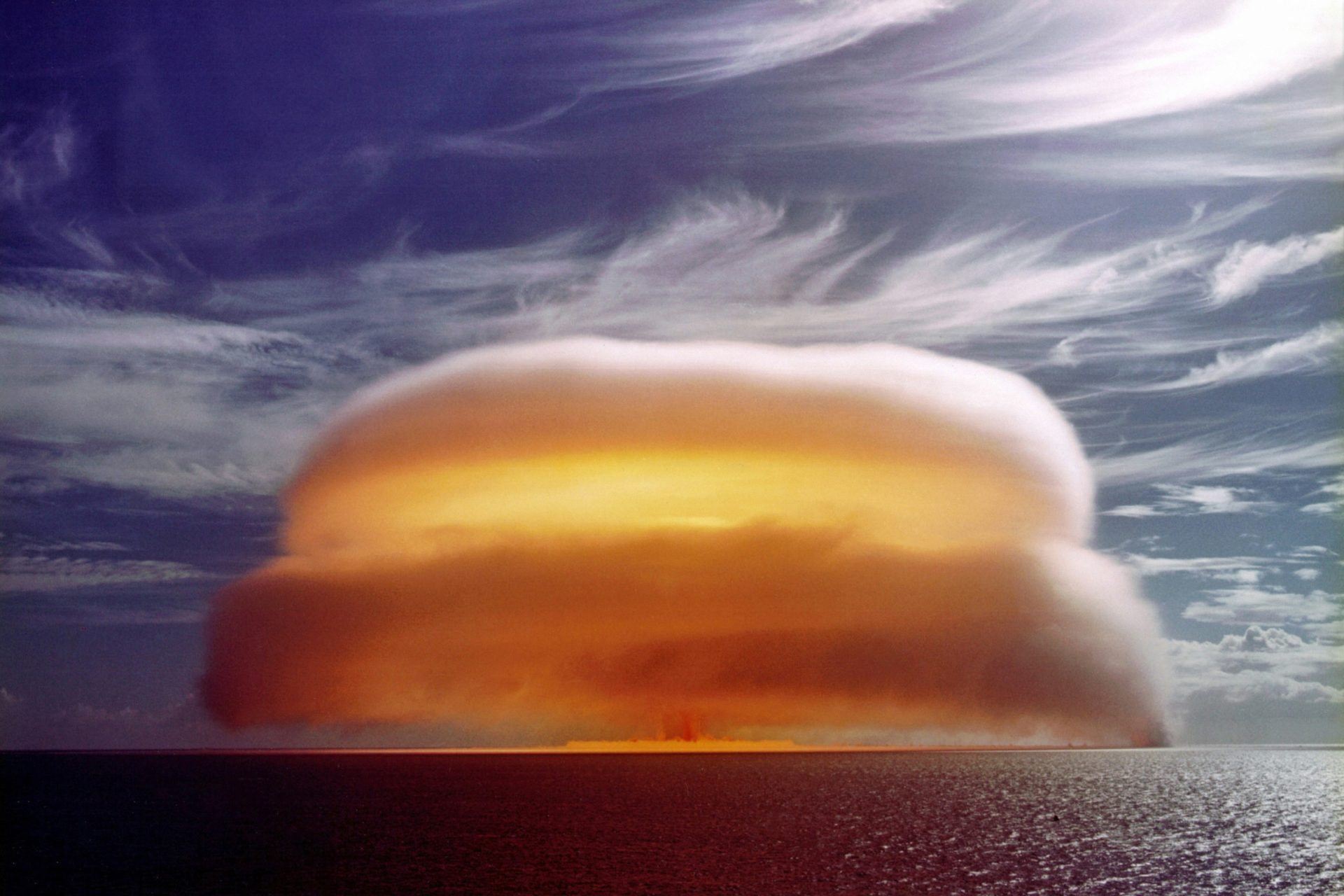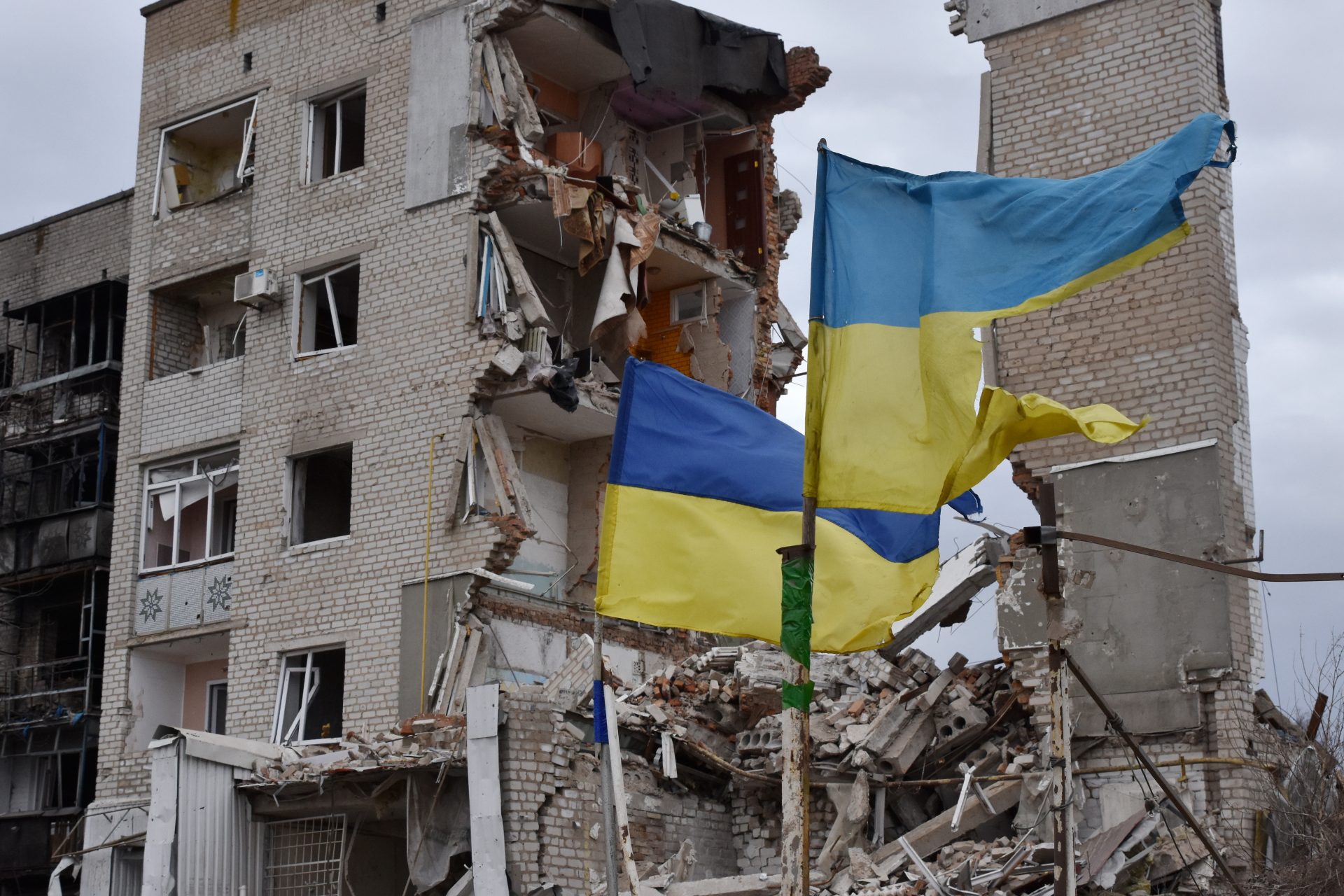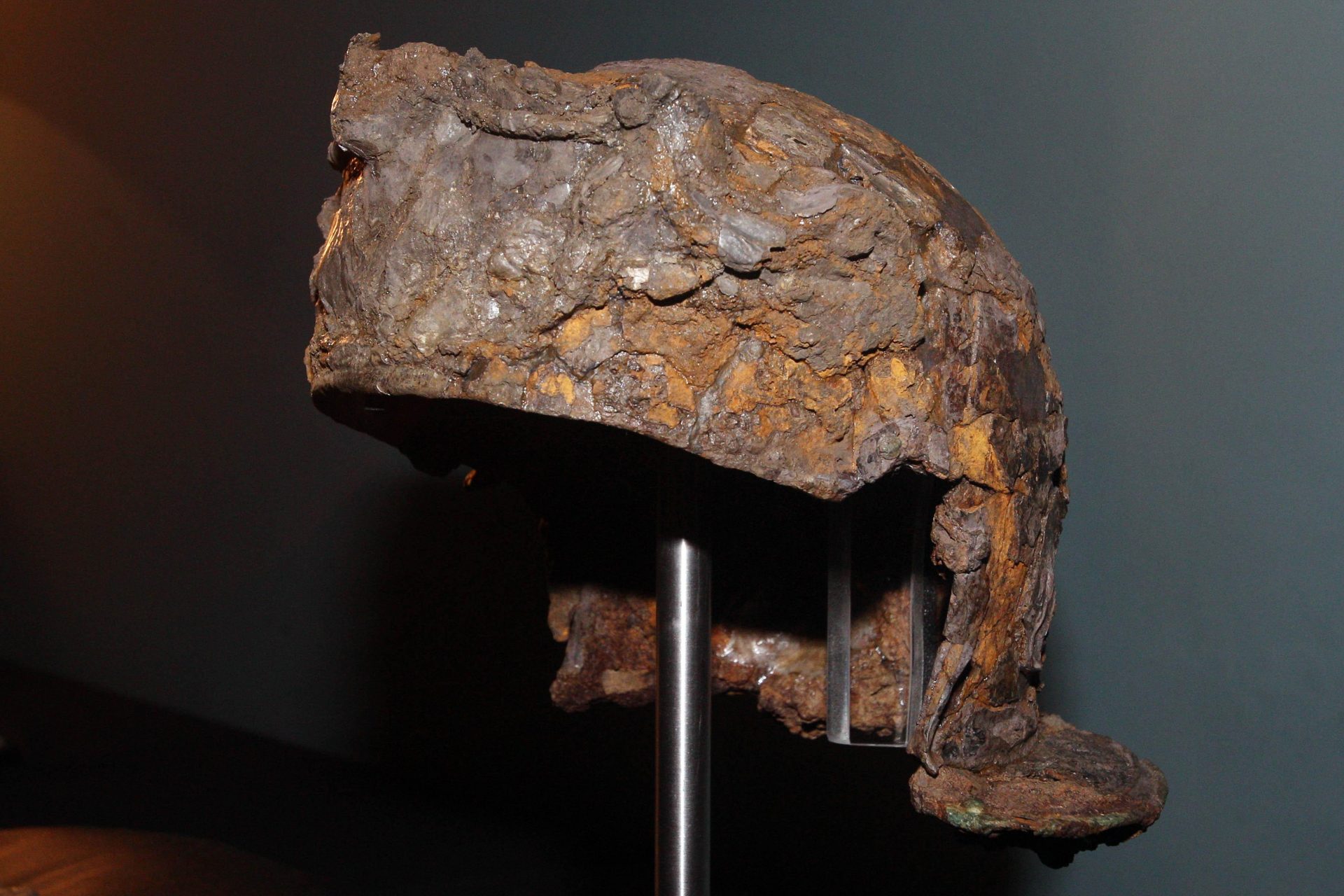The world will be facing a new kind of water crisis we should be worried about
The world is facing a new major ecological crisis and it's another one of our own making according to a new report that revealed the troubling situation. Humanity has messed up the global water cycle and it's a really big problem.
“For the first time in human history, the hydrological cycle is out of balance, undermining an equitable and sustainable future for all,” began the executive summary of a report by the Global Commission on the Economics of Water.
By Anishct - Own work, Public Domain, https://commons.wikimedia.org/w/index.php?curid=11757304
What is the global water cycle? Well, it's not a difficult concept to understand. Known as the hydrological cycle, it is the “continuous circulation of water in the Earth-Atmosphere system” according to the National Oceanic Atmospheric Administration (NOAA).
“At its core, the water cycle is the motion of the water from the ground to the atmosphere and back again. Of the many processes involved in the hydrologic cycle,” the NOAA adds in a detailed explanation of the hydrological system on its website.
“Water evaporates from the ground—including from lakes, rivers and plants—and rises into the atmosphere, forming large rivers of water vapor able to travel long distances, before cooling, condensing and eventually falling back to the ground as rain or snow,” CNN’s Laura Paddison explained about the hydrological cycle.
Everything from evaporation and precipitation to condensation and runoff is a part of the cycle of Earth’s water that circulates throughout the planet and makes it rain or renew rivers and lakes. Needless to say, the hydrological system is important for our survival.
By LangeLeslie and Anna Wright, Own work, CC BY-SA 4.0
Unfortunately, humanity has made a mess up the Earth’s hydrological system according to the Global Commission on the Economics of Water, which outlined the big issues that humanity is facing when it comes to our most important global resource.
The gist of the problem facing the world is that decades of destructive land use and our mismanagement of the planet’s water are smashing up against climate change, creating “unprecedented stress” on the global water cycle according to the report.
“Decades of collective mismanagement and undervaluation of water around the world have damaged our freshwater and land ecosystems and allowed for the continuing contamination of water resources,” the report explained.
“We can no longer count on freshwater availability for our collective future… the report added, and the statistics the Global Commission on the Economics of Water outlined about the problem are quite dire.
As many as 3 billion people and roughly half of the world’s food production are in areas where total water storage is predicted to decline markedly. “We have, fundamentally, put the hydrological cycle itself under unprecedented stress,” the report noted.
The looming future water crisis threatens about half of all food production and will result in the loss of about 8% of the Global Domestic Product of every country by 2050, which could hit low-income countries worse with losses in the 15% range.
Johan Rockström, co-chair of the Global Commission on the Economics of Water and the author of the organization’s report noted: “For the first time in human history, we are pushing the global water cycle out of balance. Precipitation… can no longer be relied upon.”
Photo Credit: By W.carter, Own Work, CC0
One of the most critically overlooked areas of freshwater loss is green water, a type of freshwater found in the moisture of the planet’s soil and plant life of Earth. It differs from blue water, which is the freshwater found in the world’s rivers, lakes, and aquifers.
By amanderson2, CC BY 2.0
Plant life releases water vapor that produces roughly half of all rainfall over land but this crucial source of freshwater and the planetary systems it drives are being threatened by human activities like the destruction of wetlands and forests.
By Hayden - Oil Palm Concession, CC BY 2.0
As land use changes due to human activities, society is destabilizing the planet’s water cycle and shifting the world’s rainfall patterns.
Human activities are working twofold to ruin water abundance since they are destroying the carbon sinks and inadvertently fueling climate change by drying out landscapes, which in turn is reducing moisture and increasing forest.
“Left unchecked, it will result in growing gaps in nutrition in populations already at risk, the greater spread of diseases, widening inequalities within and across nations, and increased conflicts and forced migration,” the report explained.
More for you
Top Stories



